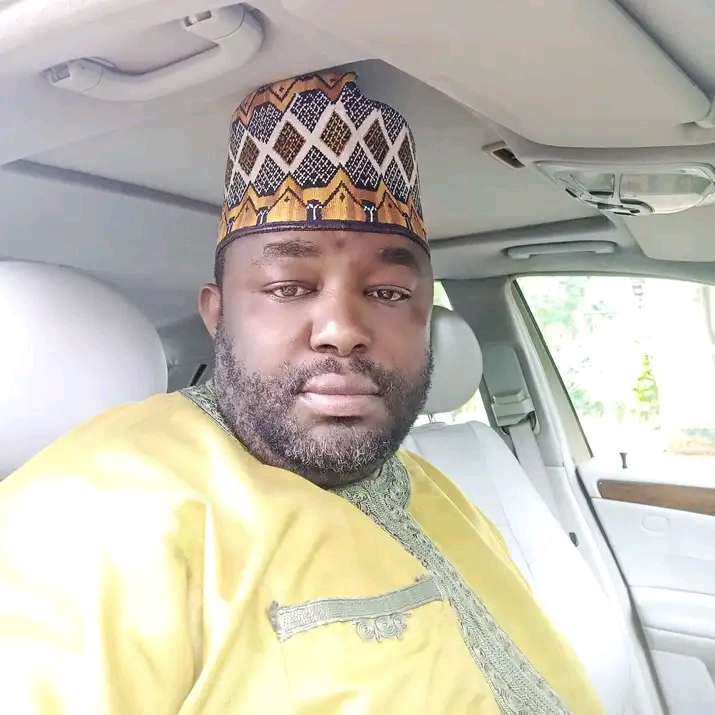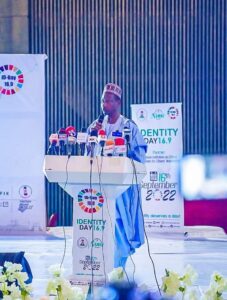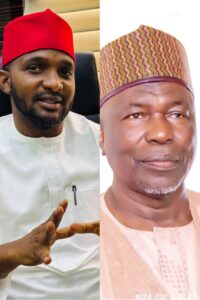
By Hashim Muhammad Suleiman, PhD
This fasting comes with many instances of human delineation, differentiation and casual ordering of otherness among Arewa social media. As with other of our human communicative activities, the recent generalized and sustained bashing of a term, that on its own, should have been a term we like because of the situation we are in Nigeria.
The term Comrade has for days now, been ridiculed, infantilized and casted in what some think is humorously an entertaining banter. However, as a Hausa man would say: “a wasan dare ake faďa ma wawa magana.” To many of us, we read from a distance how many think a comrade is all things but good: a comrade is one who can’t do anything meaningful. In boisterous banter, they write to negate who’s a comrade, how comradeship and comradery should be avoided by all and sundry. I’ll not write to defend a comrade. However, I’ll write to show that the ridicule is on us.
Currently, Nigerians are suffering or better still Nigerians “suna ķarbar kebura.” Nothing seems to be working. There is generalized hunger, insecurity, poverty and unemployment. These maladies combine together have lowered the thinking faculty of many of us. As humans, when suffering becomes much, we tend to look for ways to lessen the impact of the suffering on our mental realm. As it is now, many people have decided to take their anger out on a comrade.
In relation to the above stance, Two Theories have already explained the banter against comradery. These Theories are Cathartic and Mimetic Theories.
Cathartic/Catharsis Theory explains that humans have to purge their guilt in order to stay healthy. As our body strives to maintain physiological homeostasis through eating-defecating; drinking; sweating/urinating, etc, it most also maintain a social equilibrium of balancing the intake and out pouring of stimuli. In essence, because of the generalized suffering in the land, we have to find a way of psychologically lessening our “ďiban kebura” and we’ve found somewhere to do it by heaping all blames on an unnamed comrade. Now, we purge our guilt of kebura on comrade by writing down, looking down and casting aspersions on comrade. In doing so, we derive comic relief and feel good by transferring our bottled up suffering on a comrade.
Also, Mimetic Theory through its explanation of our Mimetic Desires explains further our recent charade against comrade and comradeship. The theory further explains that as humans we always blame others for our woes and suffering through scapegoating. We engage in desiring what others desire till it becomes a contagion that does no one any good. When mimetic contagion has spread throughout a community and led it into chaos as we currently have in Northern Nigeria. That when our unregulated Mimetic desires lead to chaos, criminality and insecurity of all, we tend to engage in escapism by believing that it is the fault of another, not us. The typical way that human communities have dealt with the chaos has been the scapegoating mechanism, in which groups (through a mimetic process) single-out a single individual or problem as the source of their problems and violently expel or eliminate this member from the community. Isn’t this exactly what we are doing to a comrade?
Now that we know, there is need for us to really understand what the term comrade is, independent of the planted pictures in our heads.
Barkan mu da ibada.


